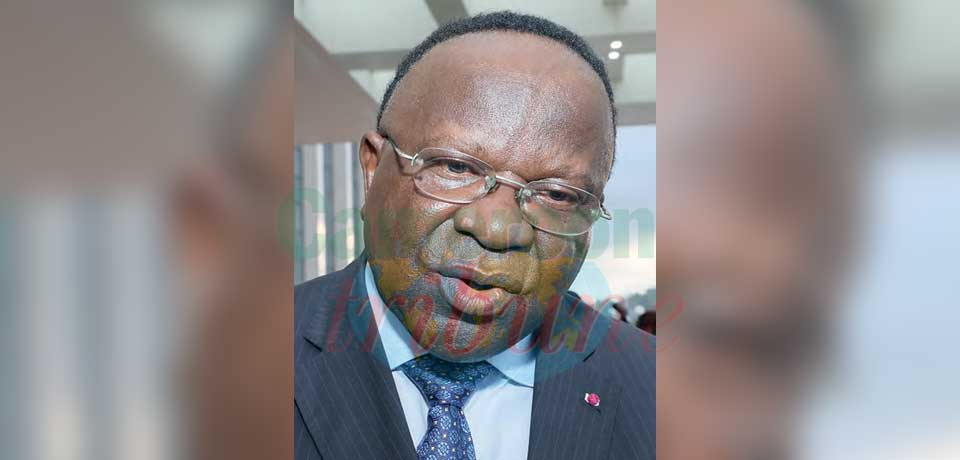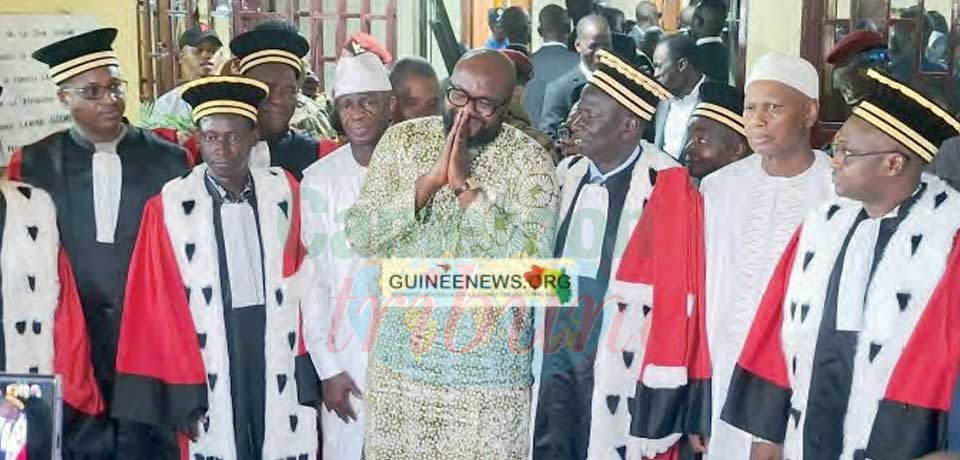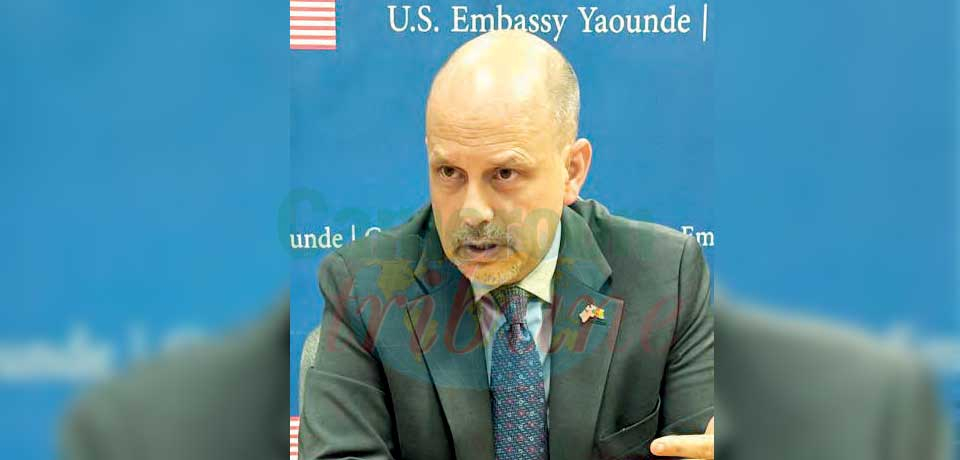“Britain’s Instability Is Procedural, Not Systemic”
- Par Kimeng Hilton
- 02 Nov 2022 09:59
- 0 Likes

Prof. Elvis Ngolle Ngolle, an Internal Relations expert, explains why Britain’s polity has of late been experiencing frequent hiccups.
Britain has witnessed some instability since its exit from the European Union. Of late, seeing three Prime Ministers in nine months! What explains this situation?
The United Kingdom of Great Britain and Northern Ireland is a country made up of four constituent nations - England, Wales, Scotland and Northern Ireland. As a political system, the United Kingdom is a constitutional monarchy; meaning the Queen or King rules, but does not reign. The monarch does not have executive powers. Executive powers rest with government, with roots in Parliament – the House of Commons and the House of Lords.
Britain’s system of government is a parliamentary democracy. The Monarch is honorary Head of State while the majority party in Parliament is given the priority to nominate who amongst their parliamentarians becomes Prime Minister. There are two main political parties – The Tories or Conservative Party, which is a rightist party; and the Labour Party, a leftist party. There is also the Liberal Democratic Party, which is halfway between the Conservatives and Labour; and others like the Greens, Ecologists…
In the last 12 years or so, the Conservative Party has won all the general elections. So, the Prime Ministers have been Conservative members as they have maintained the majority in Parliament. The challenge with the parliamentary system of government is the frequent change of Prime Ministers, though the same Tory Party has been in power continuously for about 12 years.
Yet, instability has continued!
Yes, since the referendum on Britain’s continuous membership or not of the European Union, the Conservative Party has not been able to have a stable government or Prime Minister. David Cameron, who was the Tory Prime Minister during the Brexit referendum, resigned soon after following a vote of no confidence. Theresa May from the same party replaced Cameron, but was also forced out by a vote of no confidence from her party. Boris Johnson in his exuberance or “Trump-like” attitude did not last either as Conservative Prime Minister. Then came Liz Truss who was Prime Minister for only 45 days! She was forced to resign after avoiding a vote of no confidence from her party’s parliamentarians. Now, we have Rishi Sunak as Prime Minister. Britain has had three Prime Ministers in nine months!
This history of governmental instability in Britain is not because the system is bad. Though the risk with the system is the frequent replacement of Prime Ministers. With Rishi becoming Prime Minister, it is the first time in the history of the United Kingdom as a constitutional monarchy to have a non-White, from a minority race as Prime Minister. So, history has been made! Rishi Sunak also becomes the youngest British Prime Minister in the last 200 years. This shows that the British system of government is a stable, model, open, liberal political society. The Mayor of London, Sadiq Khan, is of Asian descent. This speaks well of the British political system of government.
How has Britain’s departure from the European Union contributed to governance instability?
It was the sovereign decision of British people to leave the European Union. It was a divisive vote because about 51 per cent voted for, and 49 pe...
Cet article complet est réservé aux abonnés
Déjà abonné ? Identifiez-vous >
Accédez en illimité à Cameroon Tribune Digital à partir de 26250 FCFA
Je M'abonne1 minute suffit pour vous abonner à Cameroon Tribune Digital !
- Votre numéro spécial cameroon-tribune en version numérique
- Des encarts
- Des appels d'offres exclusives
- D'avant-première (accès 24h avant la publication)
- Des éditions consultables sur tous supports (smartphone, tablettes, PC)














Commentaires